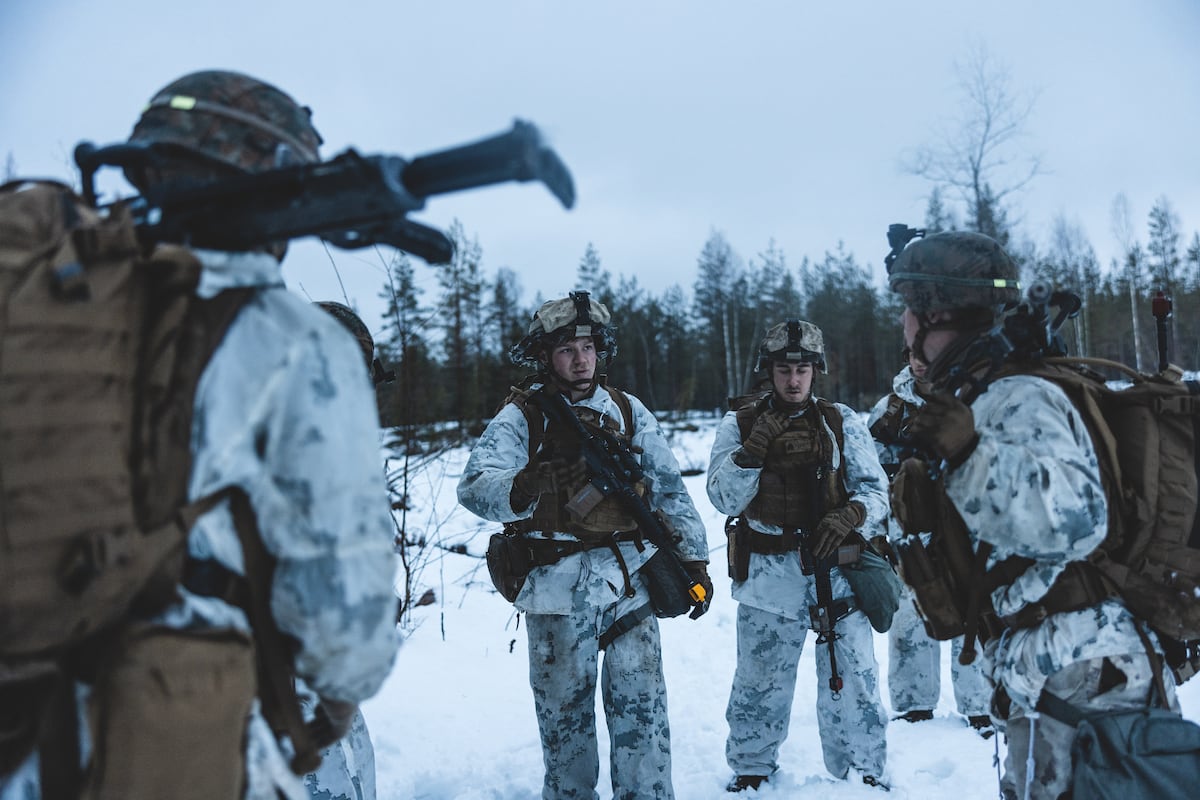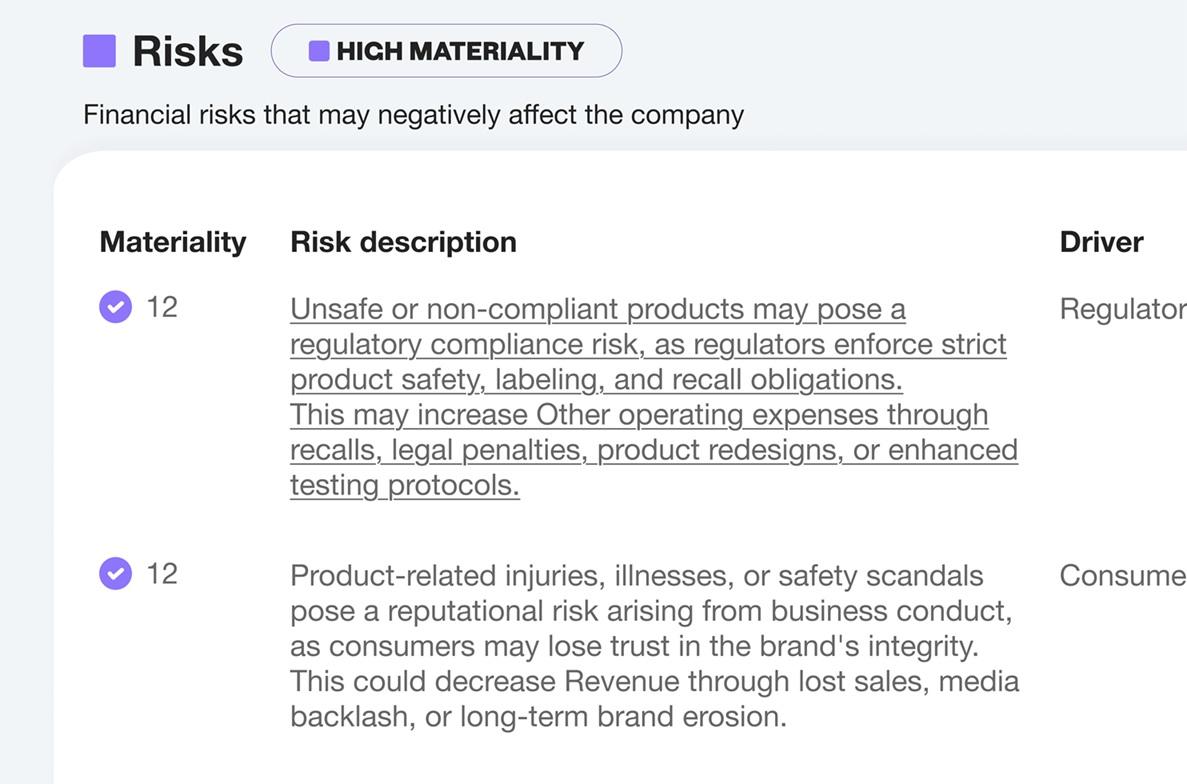The Pentagon's warning about the escalating military cooperation between China and Russia in the Arctic underscores a significant shift in geopolitical dynamics that could reshape global power balances. As Iris A. Ferguson, the deputy assistant secretary of defense for Arctic and Global Resilience, highlighted, the urgency for the U.S. to enhance its Arctic capabilities is driven by China's increasing ambitions and Russia's sustained military focus despite ongoing conflicts. The joint military exercises conducted by both nations, particularly in strategic areas like the Bering Strait, signal a new level of collaboration that poses a direct challenge to U.S. interests in the region. This collaboration not only encompasses military maneuvers but also extends to scientific research initiatives that could yield long-term economic benefits for China, effectively placing it at America's doorstep.
In response to these developments, the Pentagon's 2024 Arctic Strategy emphasizes the need for the U.S. to bolster its presence and partnerships in the region. The strategy outlines the importance of multinational exercises, routine training, and maintaining stability in international waterways as essential components of a robust defense posture. As climate change continues to open previously inaccessible areas, the U.S. must remain vigilant and proactive in its approach, leveraging alliances with northern European partners to deter potential threats. The implications of this evolving landscape necessitate a reevaluation of defense priorities and strategies, ensuring that the U.S. can effectively navigate the complexities of Arctic geopolitics while safeguarding its national interests.








